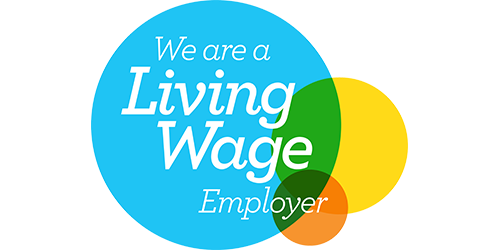This editor's letter was first published in STIR Winter 2024. To support our journalism, purchase this issue or a subscription.
The start of a new year is a useful opportunity to look forward to the possibilities within our movement for new economic change. Through our work at Stir to Action, here are some of the questions I’ll be exploring during the year with our team, partners, and collaborators.
Within business, could it be the year we recognise that the ‘ownership crisis’ is a key feature of our economic system, take advantage of the low public confidence in private business, and expand the use of democratic business models in the workplace and local communities? What will it take for the benefits of democratic ownership to be recognised as the answer to so many of the problems in the UK economy?
Within civil society, could it be the year we realise the limits of small private NGOs and why they have failed to mobilise mass participation in political and economic change? Should we invest more time in asking why so few social movement and community development bodies are not membership organisations? What if flagship regeneration projects, like Participatory Cities, or national climate movements, like Extinction
Rebellion, were democratic platforms?
Within philanthropy, could it be the year where the recent introspection within progressive foundations translates into the transfer of significant funds into democratic stewardship? Would such a move encourage more funding for ‘outside track’ initiatives that are focused on building civic power and economic resilience outside of our political system? And given the shortage of public funding – and Keir Starmer threatening another period of austerity – how do foundations with diminishing resources understand their role in the wider political economy?
And, finally, with so much attention on ideas and approaches from the United States, might it be a useful time to review what models and communities inspire our work? What about looking to cultures that are underpinned by more social and mutual values? Could the new economy movement, for instance, learn more from the ‘social and solidarity economies’ in places like Quebec and Senegal?






